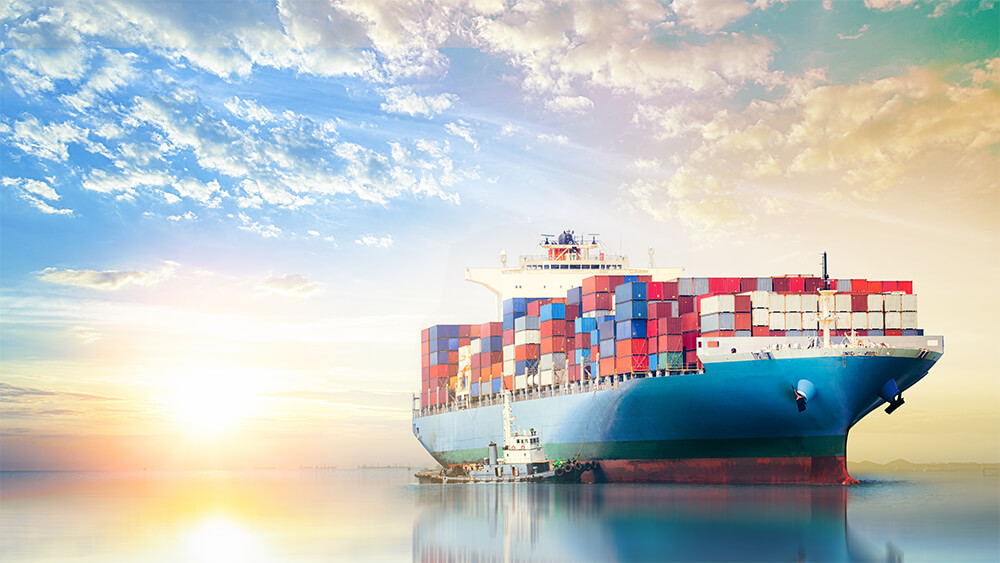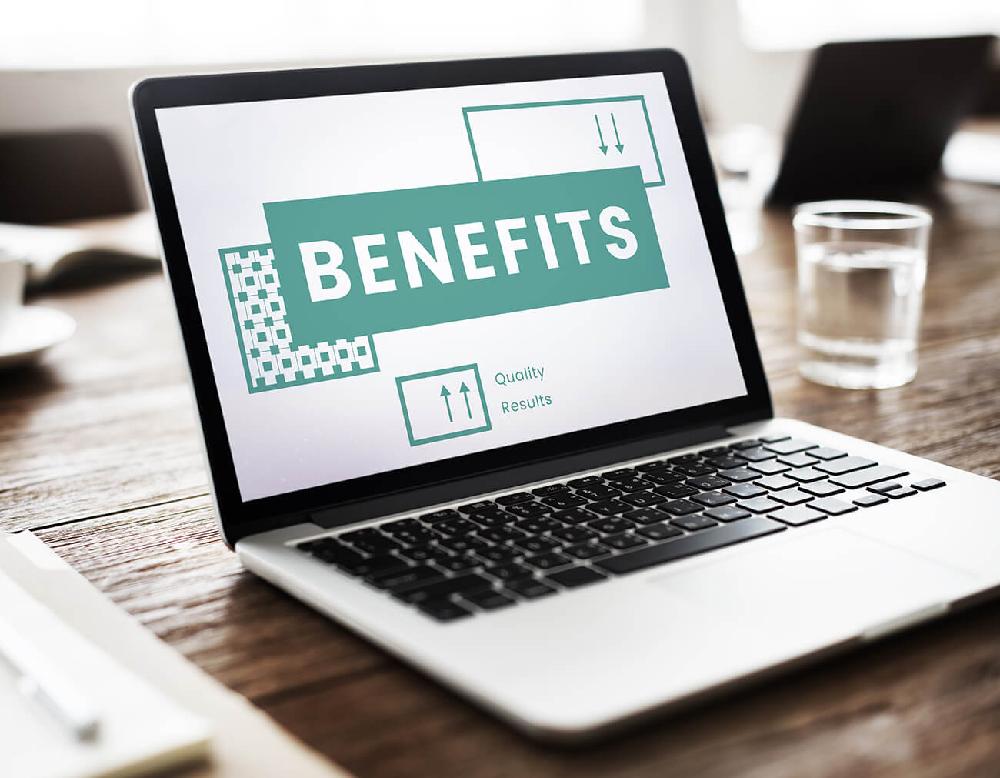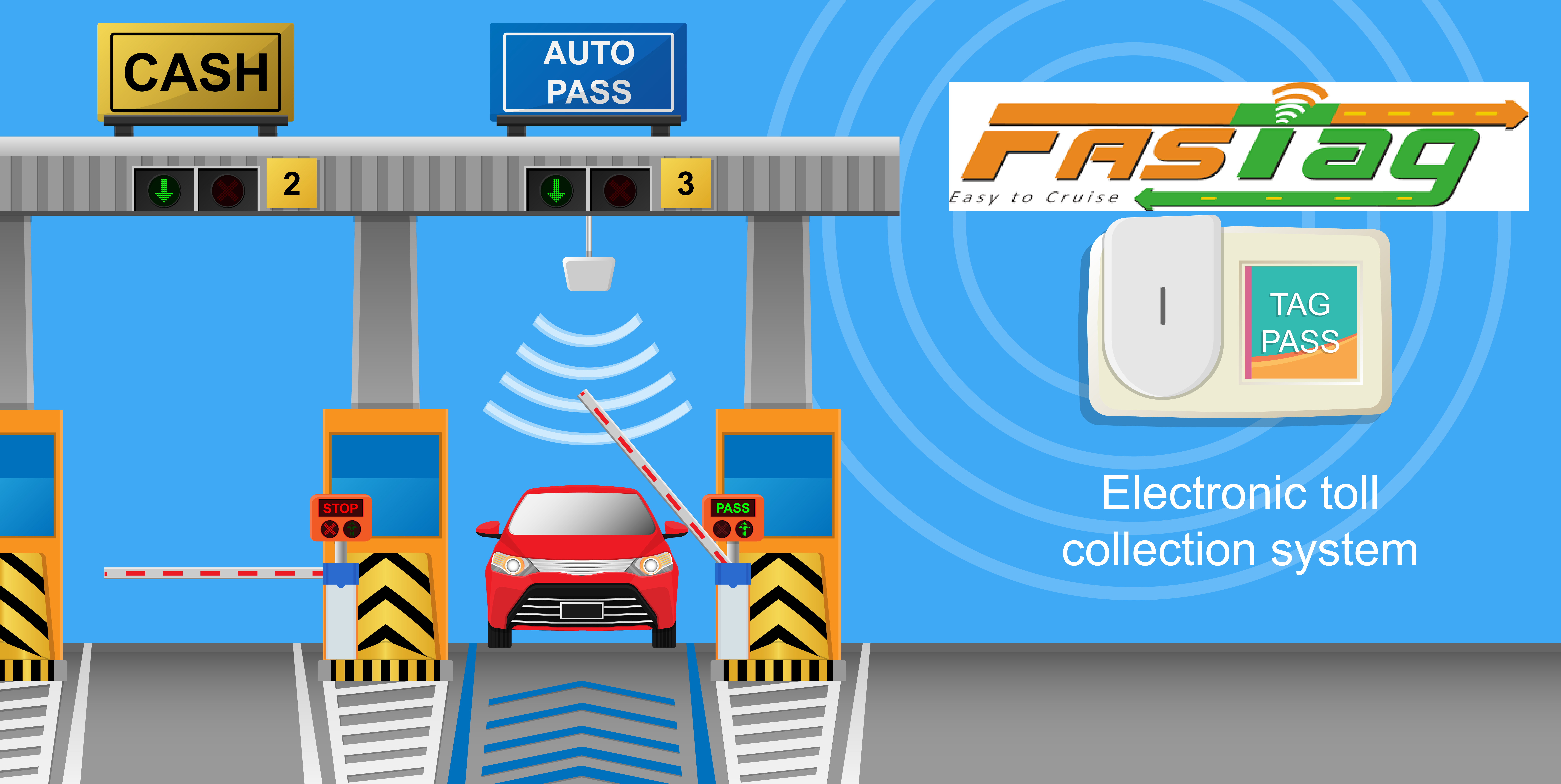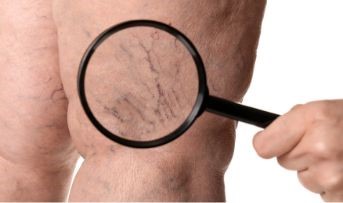General Insurance Blogs, Articles & Updates by - Magma Insurance
Have us call you
- RENEW YOUR POLICY
- BUY NEW POLICY

Hazards of shipping goods by the sea & how marine insurance can help
Ocean shipping is one of the most cost-effective means to ship out your goods to international borders. If a business acquires large bulks of orders from foreign customers wherein there are no quick delivery protocols, then shipping goods by the sea is the most viable option. However, there are some demerits attached to this practical advantage. Shipping goods via sea or ocean floor depends highly on factors like; weather, human-error, technical issues, and etc.
The hazards of not comprehending such factors might lead to disasters or accidents in the ocean, which further adds monumental loss to both business owners and the environment. This can be easily averted if you plan and get hold of proper marine insurance to combat the risks of shipping. Some of the better-known dangers related to sea shipping and how insurance can help tackle them includes;
- The occurrence of natural calamities - Perils never comes knocking on doors; they strike on decks without a single warning. Thunderous sea-storms, cyclones or tsunamis can destroy well set stocks and lives of those sailing on carrier ships. We cannot challenge the force of nature but what we can do is opt for marine insurance online to cover the losses, injuries, or damage caused during such natural disasters.
- Human Errors - There are certain dangers caused by man that could lead to a disastrous situation. Having untrained ship sailors or workers who load and unload goods with negligence and carelessness might create rooms for few accidents to occur in transit.
A reliable shield in the form of marine insurance to handle the mismanagement of shipping goods by workers would be a great help in such situations. - Geographical Hazards - Apart from natural distress signs, there are other forms of dangers present at sea in the name of geography. Try remembering Titanic, an unsinkable ship that sank nevertheless by hitting a massive iceberg. Big cargo ships going through narrow canals, icebergs, rocky shores or shallow coral reefs can get caught on sides or bottom, hence creating unimagined losses.
Mitigating such losses by having a rational marine insurance plan is one way, and another way is to have the ship properly tested for such hazards and assign a well trained, professional staff for commandeering the vessel. - Technological Issues - Such issues are more or less related to the ship's structure, engineering equipment, navigational tools, or motor engines. If the boat starts leaking oil in the ocean or one of the propellers is jammed due to long years of service, it could sustain significant damage to the goods on board.
To avoid such substantial financial losses; having a well-planned marine policy that can cover the ship's outer and inner structure after a thorough inspection is the right way to go.
Businesses work for profit and if your business requires delivering goods via sea or ocean, then why not keep yourself financially protected with a Marine Insurance cover and keep the profits intact.

How NCB Works for Car Insurance?
Your car insurance comes with an annual premium, which helps you bear the financial losses that may arise due to an accident. While a claim-free year may seem like a waste of money since you paid the premiums but didn't really use the benefits, it's really not the case. Firstly, having insurance provides you with mental peace that in the case of any mishap, your finances will be covered. Secondly, your insurance provider offers you discounts on your next year's premium if don't make a claim in the previous year. This is what is known as a No-Claim Bonus (or NCB). Keep reading to find out more on how to maximize savings on your Private Car Insurance In India.
What should you know about NCB?
Car insurance companies reward vehicle owners who drive safely with no-claim bonuses. The bonus becomes applicable if you get through one policy year without making a claim. The company pays the discount on Own Damage (OD) premium for each claim-free year
Typically, the amount can vary from one insurer to another. But, discounts begin at 20% per year and can go up to 50% for five claim-free years or more.
How does NCB work?
When a policyholder does not file any claim in the past one year, a no-claim bonus is initiated by the insurer.
As a result of this, you’ll get a discount on your annual premium amount subject to increase with every succeeding year.
Things to remember about NCB in India
An essential feature of NCB is that it relates to the policyholder, not the vehicle as it rewards you for precautions taken on your end. So, you can retain your NCB even if you replace your existing vehicle. Other prominent features of a no-claim bonus are:
• Applies even when you switch the insurer
When you switch from one insurer to another, the no-claim bonus remains unaffected. For example, if you have a policy from company X for the last five years with no claims made and you shift to company Y later on, the company Y will give you a benefit of 50% discount on your annual premium as NCB.
• Bonus increases every year
The insurance companies calculate your no-claim bonus in the range of 20%-50% on an annual incremental basis.
• Doesn’t apply on third-party cover
Keep in mind that the no-claim bonus applies to the own damage or OD cover on your auto insurance. So, if you have only the third-party (TP) cover, you’re not eligible for NCB. However, if you have both OD and TP protection, you’ll receive the discount proportionately.
Protecting your NCB
As NCB policyholders, you are entitled to a maximum discount of 50% for five claim-free years. However, this discount expires if you make even a single claim. In such a case, to protect your NCB, insurers give you the option of opting for an add-on cover. It covers your claim in order to protect your NCB.
Another great hack to keep your NCB would be to avoid making claims for smaller damages.
Head over to Magma HDI to find out more about NCB available with your private car insurance in India.

Monsoon Safety Checklist for your cars
Monsoons might not be the ideal time to drive around. The roads are slippery, and there are higher chances of meeting with an accident. However, the rainy season does not mean that you should stop driving altogether.
Instead, you should make sure that you follow some safety points to make sure that your driving experience is smooth and safe.
Here, we will look at some of the safety checkpoints that you should follow during monsoon. However, before we dwell on that, it is crucial to make sure that you get Car Insurance Online In India so that your car is covered in case of any unforeseen circumstances.
Fix those exhaust holes
Exhaust holes are made of iron, which means that they are vulnerable to rust. If there is a hole in your exhaust, then there are more chances for the rainwater to get in, besides the fact that a faulty exhaust is no food. Make sure that you have checked your exhaust for holes and other damages to ensure the smooth running of your car.
Cover your headlights
With time, your car headlights tend to develop spaces with them due to constant wear and tear. If they are damaged, then it is highly likely that the rainwater will get inside them, further leading to the damage. Make sure that you patch up these spaces so that your headlights are safe. Faulty headlights can lead to driving problems at night — something which no driver wants!
Check the door of your car
The doors in your car have a rubber attached to it. With constant usage, they may loosen up and make room for the raindrops to seep and ruin your interiors. To make sure that your interiors are as good as new, make sure to check on these doors now and then. If needed, replace them, as a repair might not be the easiest or the most convenient of ways.
Check your brakes
If you are driving around in rains, through clogged puddles, some water might just get deposited in your brake pads which can hinder the braking process and might lead to the deterioration of your brake pads. To get rid of the moisture, find a dry stretch of road and gently apply the brakes. The heat which comes out of friction will take the moisture away. If you find mud deposited on your pads, then go to a mechanic and get it clean. Remember that brakes are one of the most critical components of your car and you should always have them in good shape.
The way you treat your car is the way the car treats you. One cannot stress enough on the importance of taking care of vehicles. Magma HDI car insurance comes with affordable premium rates and features such as support for anti-theft devices, which can ensure that your car has a long and safe life.

First-time car insurance buyer's guide
Buying your first car can be a little overwhelming. You work persistently and save your hard-earned money aside to buy the vehicle of your choice. However, keeping your vehicle safe and secure is a necessary next step after your purchase. Accidents occur anytime and anywhere. Having a comprehensive car insurance policy to back up those damages is a wise decision to make.
These days, you may buy a car insurance policy online or by contacting a service agent at your convenience and get your vehicle insured. With a sound knowledge of car insurance policies, you can optimize your purchase and savour great benefits. Read along to have a better grasp of your first-time insurance purchase.
Purpose of Car Insurance
'Use it or lose it' is a common motto on which car insurance policy runs; to benefit from it, you need to pay a yearly premium. On the off chance that you are lucky enough not to have gone through a severe road mishap, you lose the premium sum paid for insurance. Then again, you get a No Claim Bonus, which is a quite significant sum beginning from 20% of the premium in the first year to 50% in the sixth, which is the reason why you shouldn't go for minor harms claim.
Different Covers under Policy Terms
A well-framed car insurance policy covers the damages due to natural disasters like earthquakes, floods, storms, typhoons, etc. Secondly, it includes the loss incurred due to manual disturbances like riots, theft, terrorist attacks, fires, etc. Thirdly, you as the insured can access the personal accident cover for your family if you die or suffer disability post-collision or mishap. Some company even offers benefits to co-passengers at the time of the accident. Your insurance policy covers the third-party liabilities like if you accidentally damage a third person's car or he dies of injuries due to collision, your insurer will protect you from legal repercussions.
Additional Benefits and Covers
One of the pluses of having a comprehensive car insurance policy is that you get various additional perks. It may raise the premium amounts a bit, but the level of your car's safety is maximized. Some of the add-ons can be;
- Windshield or car glass cover
- Accident cover for a paid driver or unknown passenger
- Depreciation waiver
- Personal belongings damage/theft cover
Hiring an Insurance Advisor
During the brainstorming sessions of buying your first auto insurance, it is natural to get perplexed with different coverage benefits. A simple way to tackle that confusion is to get in touch with an insurance agent who is well versed with different company's policy premiums and covers. He can advise you along the way to look over your shortlisted insurers by comparing their proposed rates. He may also identify premium discounts for your first-time policy purchase.
Going for a comprehensive car insurance policy is prudent. It gives a well-rounded cover for your car. So, it's highly advisable to get in touch with your financial experts and buy a car insurance plan today.

Your car premium may be affected by your location!
Car insurance is a critical aspect of car ownership, providing financial protection in accidents, theft, or damage to your vehicle. However, the cost of car insurance can vary depending on several factors, including your driving history, car make and model, and age. Apart from this, location is also one of the most significant factors affecting car insurance premiums. Where you live plays a crucial role in determining the cost of your car insurance premium. The influence of location on car insurance is a complex issue that involves several factors. Insurance companies analyse these factors when determining your car insurance premium.
This blog post will explore how your location affects your premium so that you are aware of the correct policy before buying car insurance. Without any further delay, let's get started.
1. Crime rate
One of the most significant factors that can affect your car insurance premium is the crime rate in your area. Insurance companies consider areas with high crime rates a severe risk, as they have a higher incidence of car theft and vandalism. This increased risk means you may have to pay a higher premium if you live in an area with a high crime rate.
2. Population density
Another factor that can affect your car insurance premium is the population density of your area. Areas with high population densities have more traffic, which increases the likelihood of accidents. Therefore, if you live in an area with a high population density, you may have to pay higher car insurance premiums.
3. Weather conditions
The weather in your area can also affect your car insurance premium. Regions with harsh weather conditions, such as snow, ice, or heavy rainfall, have a higher risk of accidents. Therefore, if you live in an area with extreme weather conditions, you may have to pay higher car insurance premiums.
4. Road conditions
Poor road conditions, such as potholes or inadequate lighting, can also increase the risk of accidents. Insurance companies consider the road conditions in your area when setting your car insurance premium. If you live in a location with poor road conditions, you may have to pay higher car insurance premiums.
5. Laws and regulations
The laws and regulations in your area can also affect your car insurance premium. Some states have minimum coverage requirements, while others do not. If you live in a state with high minimum coverage requirements, you may have to pay higher car insurance premiums.
6. Local insurance market
Finally, the local insurance market can also affect your car insurance premium. Insurance companies may charge different rates in different areas based on the level of competition in the local insurance market.
Therefore, if you live in an area with a less competitive insurance market, you may have to pay higher car insurance premiums.
When setting your insurance rate, companies consider factors such as crime rates, population density, weather conditions, road conditions, laws and regulations, and the local insurance market. Therefore, it is essential to understand how your location can affect your car insurance premium to make informed decisions when choosing a car insurance policy. Explore and compare car insurance policies to find the right one that fits your needs optimally.
Click HERE to learn more about the benefits of purchasing car insurance
Disclaimer: The information provided above is for illustrative purposes only. To get more details, please refer to policy wordings and prospectus before purchasing a policy.

FASTag Uses and Benefits
Do you travel a lot by road? Are you tired of waiting for your turn at toll plazas on the interstate highways or expressways? Do you wish to get done with it as quickly as possible? If yes, then you must get a FASTag! As the name suggests, a FASTag is a tag which is a mean to ensure faster transit across toll plazas. The tag is placed on the windshield of the car and uses Radio Frequency Identification Technology. The tag is scanned by the tag readers placed at toll booths who then deduct the toll amount from the FASTag account. All toll plazas placed along the national highways are now using FASTag for payment of toll as per the guidelines of the government of India.
As the balance in FASTag reduces, the user needs to reload the balance in the linked wallet account or the linked bank account. By eliminating the need for cash payments at toll plazas, FASTag ensures a quicker and smoother flow of traffic.
The following reasons highlight how using a FASTag can help you save time on your journey: -
● Quick payment - As there is a FASTag affixed to your car, you wouldn't have to search your wallet for cash which ultimately reduces the duration of the transaction and your time is saved.
● Less fuel wastag - As you do not need to stop and restart your vehicle, less petrol or diesel is burned, which saves your fuel tank from draining quickly.
● Hassle-free recharge- You can easily recharge your FASTag using various methods like Internet banking, mobile wallet apps, NEFT, RTGS or even your credit and debit cards.
● Message alerts - Every time your FASTag is used, you get an alert SMS on the mobile number registered with the card which ensures the prevention of its misuse.
● Long validity- A FASTag is valid for five years, which means you need not worry about changing it frequently.
● No requirement of cash - The work of cash is taken over by the FASTag. Therefore, it eliminates the necessity of carrying cash for toll payments.
● Online portals- You can check the transactions made using your FASTag whenever you wish using specific web portals meant for the same.
Now, onto some Frequently Asked Questions: -
How to get a FASTag?
To buy a FASTag, you can ask the toll plaza employee for their sales department, or contact authorized agencies or banks that sell them. Many platforms offer car insurance quotes online and sell FASTag as well.
How much does a FASTag cost?
Generally, a FASTag can cost you around two hundred rupees for the purchase, which excludes recharge expenses.
Where is it placed?
FASTags are affixed on the windshield of the car in a very specific manner that allows the scanners placed at the toll plaza to scan it.
How to know if your card has been used?
As stated in the above benefits, a text message is delivered to the registered mobile phone when the FASTag is used. This is a sort of confirmation to the owner that payment has been made.
Do you need to maintain a certain balance?
You don't need to maintain a balance for sure, but yes there is a minimum value for a top-up of the tag which amounts to a hundred rupees.
Where is a FASTag valid?
Throughout the country, a FASTag can be used to make payments at toll plazas regardless of the city or state.
While getting FASTag will help you zoom seamlessly on the highways, do remember to check car insurance quotes online to get protection against possible accidents and incidents while on the road.

Do you experience frequent swelling in your legs? These can be the probable reasons
Medical issues are being observed as a rising problem, mainly because of drastic lifestyle changes, improper nutrition, and irregular physical activities. The best way to tackle medical adversities is by prioritising your health and never neglecting the symptoms that your body throws at you. Most health conditions develop over time due to your habits, while some are even hereditary.
One common issue is swelling in the legs, feet, and ankles. There can be multiple reasons for swelling, including physical injuries, medicinal reactions or allergies, and underlying conditions like cholesterol, diabetes, etc. If you see a frequent swelling pattern in your legs for a month, seek medical help, as it may be something to worry about. Leg swelling happens for two main reasons - edema and inflammation.
Let's explore more about them.
Factors causing edema
Several factors contribute to edema or fluid buildup in one or both legs. Here we discuss some major factors that require immediate medical assistance.
1. Congestive heart failure
When the heart is too weak to pump blood to body parts, this condition is termed congestive heart failure. Such a reduction in blood supply leads to fluid buildup, especially in the legs. Besides swelling, a person may also experience trouble breathing and constant tiredness.
2. Veins
Two vein issues can cause leg swelling and other problems in the body. Those are:
● Clotting in veins: A blood clot can form in any vein in your leg, which can break off and easily travel to your lung. This can lead to a life-threatening situation if left unnoticed. Other than swelling, if you also experience constant leg pain, cramps, or red or blue skin, immediately visit your doctor, as these might be the symptoms of vein clots.
● Chronic venous insufficiency and varicose veins: A person suffers from these conditions when the valves inside the leg veins cannot maintain the blood flow up toward the heart. Instead, the blood gets collected in pools, resulting in varicose veins. Other than swelling, you may also experience achy legs, pain after sitting and standing for too long, and dry, irritated skin.
If you experience these problems, visit the doctor to start your treatment.
3. Reaction from certain medication
Not every medication suits our bodies. Some cause side effects such as swollen legs, hair fall, irregular menstrual cycles, etc. Pain in the legs can also be a symptom of a medicine reaction. Notice the change in your body and talk to the doctor about getting alternative medicines that have zero to minimal side effects.
Factors causing inflammation
Some of the common causes that lead to inflammation in our body are listed below:
1. Arthritis
Anyone can develop arthritis at some point in their life. Due to the constantly changing environment, it is open to older adults. Diseases like gout, knee bursitis, osteoarthritis, and rheumatoid arthritis are becoming more common among people of all ages as they ignore proper care of their bodies, diet, and physical well-being.
2. Sprains and broken bones
Getting broken bones or twisting your ankle also causes swelling. It's our body's natural reaction to the injury as it moves the fluid and white blood cells into the injured area and releases the chemicals that speed up recovery. Some of the common injuries are mentioned below:
● Achilles tendon rupture: It is our body's largest tendon, and it connects the calf muscles to the heel bone. When it tears, you might experience a sharp pain in the back of the ankle and lower leg. The pain is so intense that a person may be unable to walk. ● Cellulitis: It's a severe infection that happens when bacteria get in through the crack in the skin. It is most common in the lower leg and ankles. Other than swelling, a person may experience tenderness, pain, a reddish skin area, blisters, and dimpled skin.
These were a few common reasons for frequent swelling in the legs. Your legs must be in the best shape to ensure pain-free and smooth movement. Give proper rest to your legs, and indulge in 10-15 mins of daily exercise like jogging or brisk walking.
Irrespective of the medical issues, one should always visit the doctor to rule out any worst outcome. Undoubtedly, any treatment can cost you heavily to your pocket. Therefore, getting health insurance from the best health insurance company in India to cover your medical expenses is ideal. Such insurance policies can help you in your time of need.
Click HERE to buy insurance from the best health insurance company in India.
Disclaimer: The information provided above is for illustrative purposes only. To get more details, please refer to policy wordings and prospectus before purchasing a policy.

Expert's guide on preventing fire outbreaks at home
A home is a place of comfort, protection, and security, but a fire breakout can rapidly turn it into dust. Various sources, including electrical failures, kitchen accidents, and malfunctioning appliances, can start fires. A fire breakout can be disastrous, causing significant damage to your property and personal items and possibly resulting in death. As a homeowner, you must take the essential precautions to prevent fires and safeguard the safety of your property and loved ones.
This blog discusses "expert's advice on preventing fire outbreaks at home." We'll review some of the best ways to protect your home from fire threats and the importance of obtaining the best home insurance in India. Following these suggestions and purchasing the appropriate house insurance coverage, you can protect your home from fire damage and enjoy peace of mind. So, without any delay, let's begin!
1. Install smoke alarms
Installing smoke alarms is one of the most effective strategies to avoid home fires. Smoke alarms detect smoke and notify you during a fire. This will help you to take the required precautions to prevent further damage. Install smoke alarms in each room and check and replace the batteries regularly.
2. Be careful of faulty appliances
Faulty appliances are one of the leading causes of home fires. Appliances must be handled with care and inspected regularly for flaws or damage. Always follow the manufacturer's instructions and use the appliances in accordance with their recommendations.
3. Check electrical wiring
Faulty electrical wiring is another major cause of home fires. Inspect your home's electrical wiring regularly for signs of wear and tear. Repair or replace any damaged wiring or electrical components immediately to avoid fire hazards.
4. Cook safely
Cooking mishaps are a significant cause of home fires. Practicing safe cooking skills and using caution when using the stove or oven is critical. Always keep combustible things away from the cooking area, and never leave the kitchen unattended when cooking.
5. Keep flammable objects away
Keeping flammable objects away from heat sources is critical to prevent home fires. Ensure that all flammable materials, such as cleaning solutions, paints, and petrol, are kept securely away from any heat source.
6. Have an emergency plan
Having an emergency plan can go a long way toward preventing home fires. Prepare an exit plan for a fire, and teach your family how to use fire extinguishers.
7. Obtain the best home insurance in India
The best home insurance in India is essential to protect your home from fire damage. A comprehensive house insurance policy covers fires, natural catastrophes, theft, and other unanticipated events. You get compensated for your loss and are relieved from financial stress due to the fire outbreak.
8. Conduct regular inspections
Inspecting your home for fire hazards regularly will assist in discovering potential threats and avoiding fire outbreaks. Periodically inspect your home, particularly the kitchen and electrical wiring, and take the required precautions to prevent fire threats. Install water sprinkler mechanisms, smoke detectors, and fire alarms to ensure safety against fire catastrophes.
Every homeowner is responsible for preventing fires in their homes. A fire breakout can be disastrous, causing significant damage to your life, property, and personal items. By following the expert's advice and taking the required precautions, you can ensure that your home is safe from fire threats and that you live in a secure atmosphere. In addition to these precautions, obtaining the best home insurance in India is necessary. A comprehensive house insurance policy covers fires, natural catastrophes, theft, and other unforeseen events, providing financial security and peace of mind. You can research alternatives and select the best home insurance in India to meet your requirements.
Click HERE to know more about how you can purchase the best home insurance in India and its benefits.
Disclaimer: The information provided above is for illustrative purposes only. To get more details, please refer to policy wordings and prospectus before purchasing a policy.

